The law integrates and institutionalizes major policies.
The workshop was chaired by Comrade Nguyen Duy Ngoc - Member of the Politburo, Chairman of the Central Inspection Commission , with the participation of representatives of ministries, branches, institutes, schools, enterprises and experts in the fields of law and technology.
Chairman of the Central Inspection Commission Nguyen Duy Ngoc emphasized the strategic role of the Law on Science, Technology and Innovation in the country's development process, especially in the context of Vietnam promoting the transformation of the growth model, towards a digital economy and a knowledge-based economy. Accordingly, in order for the law to play a practical role, it is necessary to closely follow the requirements of socio-economic development, while creating a mechanism to attract and retain domestic and international science and technology talents. The Law on Science, Technology and Innovation needs to be designed as a tool to institutionalize important resolutions of the Party, especially Resolution 57 on the development of science, technology and innovation, Resolution 66 on the development of a knowledge-based economy and Resolution 68 on the innovation of the management mechanism of science and technology tasks.
Regarding the new points of the Draft, Deputy Minister of Science and Technology Bui The Duy said: “This Law has never been so open, reflecting open legal thinking, absorbing more than 1,000 opinions from agencies, organizations and individuals. The Draft is linked with more than 10 specialized laws such as the Law on Public Investment, Law on Tax, Law on Technology Transfer, Law on Intellectual Property, Law on Digital Technology Industry, Law on Digital Transformation... to ensure consistency and effective implementation.
A number of policies supporting start-ups and science and technology organizations have been integrated into the laws being discussed by the National Assembly. This synchronization will contribute to promoting activities such as: forming a technology exchange, promoting the transfer and commercialization of research results, removing administrative barriers, and strengthening the protection of intellectual property rights.
In particular, for public S&T organizations, the Draft proposes to grant real autonomy in finance, personnel and scientific tasks. "S&T organizations must be allowed to propose and proactively use resources instead of passively waiting to be assigned tasks," the Deputy Minister emphasized. At the same time, many delegates proposed to improve the financial mechanism to encourage cooperation between the State - Enterprises - Institutes. A representative of Ho Chi Minh City National University proposed to implement the "three-house" model through innovation centers, along with a co-funding mechanism between the state budget and private enterprises.
Meanwhile, representatives of Hanoi Medical University requested clarification of regulations on international cooperation, especially in inviting foreign experts, receiving funding and attracting high-quality human resources. In reality, there are still many legal and financial barriers in international cooperation in science and technology, making it difficult for universities and research organizations to access global resources.
The issue of intellectual property continued to be discussed by many delegates. A delegate from the Vietnam Chamber of Commerce and Industry (VCCI) said that the addition of regulations on technology trading floors is a breakthrough, contributing to the formation of a transparent technology market, effectively connecting research and businesses.
However, a major obstacle at present is the lack of a clear pricing mechanism for intellectual property. This makes it difficult to contribute capital to patents, transfer technology, and link research. Therefore, many opinions recommend the need to specify the pricing process, ensure the rights of scientists, and promote innovation in the private sector. Representatives of Masan Group proposed to minimize administrative procedures in ordering, bidding, and accepting S&T tasks, so that businesses can focus on product development rather than the reporting process.
Mr. Le Quang Huy, Chairman of the National Assembly's Committee on Science, Technology and Environment, affirmed that the Law on Science, Technology and Innovation needs to be built on the spirit of fully institutionalizing the Party's resolutions, especially Resolution 57, Resolution 66 and Resolution 68. According to Mr. Huy, ensuring consistency between related laws is a prerequisite to avoid overlaps and conflicts in practical implementation.
Sharing the same view, Mr. Le Minh Hoan, Vice Chairman of the National Assembly, highly appreciated the efforts to remove administrative barriers, expand the creative space and mobilize social resources. He suggested that it is necessary to design specific regulations for the field of science, technology and innovation to increase national competitiveness and ensure technological initiative in the context of globalization and the Fourth Industrial Revolution.
Chairman of the Central Inspection Committee Nguyen Duy Ngoc emphasized that the Draft Law on Science, Technology and Innovation needs to be developed on the basis of deeply absorbing expert opinions, reflecting real life and learning from international experience. He suggested that the presiding agency should continue to review and adjust regulations on the mechanism of assigning tasks, valuing intellectual property, and creating an effective legal corridor so that science and technology can truly become a driving force for national development.
It is necessary to clearly define financial resources for science and technology development.
At the Workshop on providing comments on the Draft Law on Science, Technology and Innovation, one of the issues that delegates were concerned about was the name of the Draft Law. According to Dr. Pham Van Tan, former Vice President and General Secretary of the Vietnam Union of Science and Technology Associations: “Innovation is already part of the concept of science and technology. Therefore, adding this phrase to the name of the Law is not really necessary, if the content of the Law has fully and clearly regulated policies to promote innovation. In addition, if “Innovation” is added, is it necessary to add “Digital transformation” in accordance with the spirit of Resolution 57-NQ/TW? The breakthrough is not in the name or title but in the policy content in the document”.
 |
Deputy Minister of Science and Technology Bui The Duy: This law has never been so open, reflecting open legal thinking. (Photo in article: MOST). |
Regarding the content of digital transformation, the Draft Law only mentions it in Article 18, associated with science, technology and innovation activities. According to Dr. Pham Van Tan: “This is an incomplete approach. Digital transformation is not limited to the field of science and technology, but is a common requirement of the whole society”. At the same time, he suggested that it is necessary to expand the scope of the Law or have clearer regulations on the position of digital transformation in the current legal system.
Furthermore, according to him, focusing only on promoting innovation in enterprises and the economy is not enough. “Innovation takes place not only in the production and business sector, but also in state management, culture, society, etc. Therefore, the Law needs to be more comprehensive to properly reflect the comprehensive nature of innovation activities in the knowledge economy,” Dr. Pham Van Tan emphasized.
Regarding financial issues, Dr. Pham Van Tan said that the Law needs to clearly stipulate the allocation of a minimum of 2% of GDP annually for science, technology and innovation. Instead of just stopping at 2% of total state budget expenditure as it is now. He said that without strong enough financial resources, science and technology will not be able to become a pillar of development. Therefore, he expressed concern that the actual expenditure level currently only reaches about 1%. In addition, he also recommended clearly defining the competent authority to allow technology testing, adding content on human resource development, especially the force working in scientific management and high-quality human resources in the field of science, technology and innovation.
Sharing the same view, Mr. Dang Dinh Luyen, former Vice Chairman of the National Assembly's Law Committee, said: "The early promulgation of the Law on Science, Technology and Innovation is necessary, but it needs to be carefully reviewed to ensure its constitutionality, legality and feasibility in practice. He first mentioned Article 2 of the Draft on the subjects of application, in which the phrase "related to science, technology and innovation activities" is not clearly defined, especially for organizations and individuals outside of Vietnam.
Another important legal issue, according to Mr. Dang Dinh Luyen, is the order of application between legal documents. “The draft Law stipulates in Article 4 that, when there are provisions different from other laws, this Law will take precedence.” However, Mr. Dang Dinh Luyen emphasized that this provision is not consistent with the Law on Promulgation of Legal Documents 2025. Accordingly, in case of conflict between documents of the same level, the document issued later will take precedence.
In addition, the issue of testing new technology and handling it differently from current law has also received many concerns. Mr. Dang Dinh Luyen said that the regulation allowing activities "different from current law" may contradict the Constitution. "Illegal acts cannot be allowed just for the reason of testing" and he recommended reconsidering the regulation in Clause 6, Article 22 on the Government's detailed regulations on handling it differently from the law. Because according to him, this does not have a solid legal basis.
Another important content pointed out by Mr. Dang Dinh Luyen is the principle of international integration and cooperation in science, technology and innovation. “The draft needs to closely follow the provisions of Article 12 of the 2013 Constitution, ensuring the principle of “respecting independence, sovereignty, non-interference in internal affairs” and “selectively absorbing” international achievements.”
The relevant agencies will synthesize 28 major groups of issues and 9 additional opinions directly raised, urgently complete the report to submit to the National Assembly Standing Committee. On that basis, the Draft Law will be adjusted, completed, and submitted to the Government on schedule, ensuring quality, in accordance with the requirements of national development in the new period.
Source: https://baophapluat.vn/du-thao-luat-khoa-hoc-cong-nghe-va-doi-moi-sang-tao-hanh-lang-phap-ly-moi-cho-kinh-te-tri-thuc-post551748.html













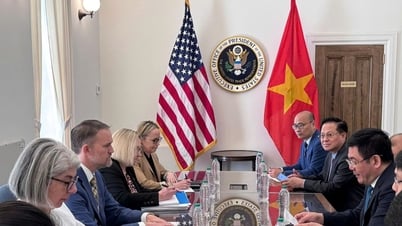

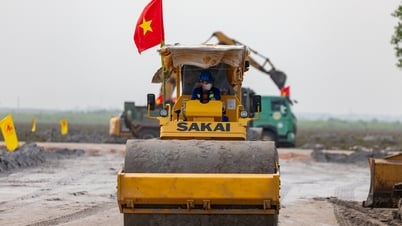









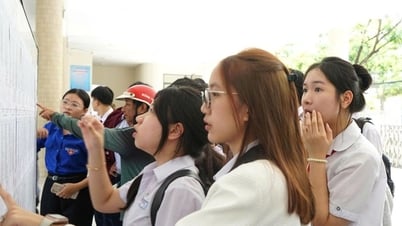


















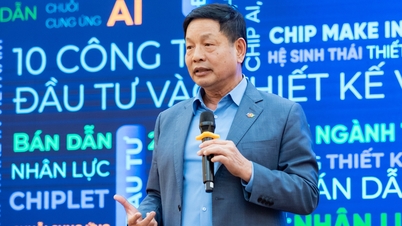


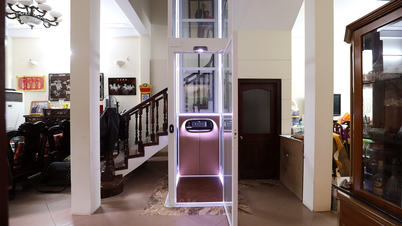











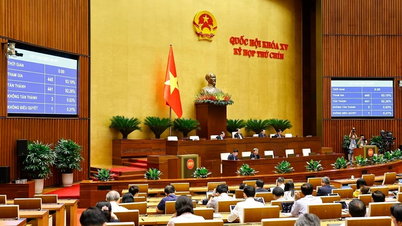

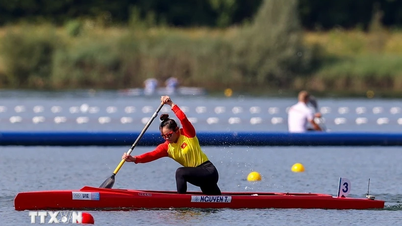
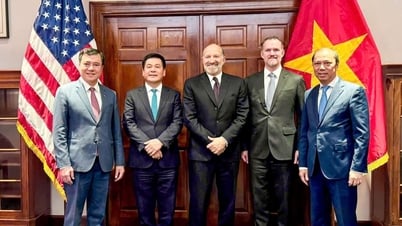




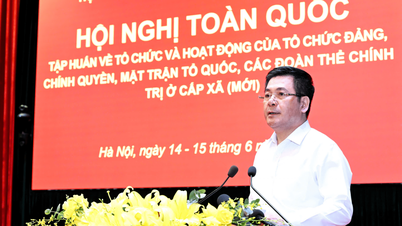


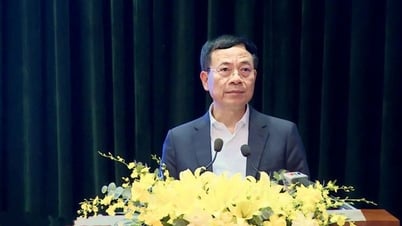























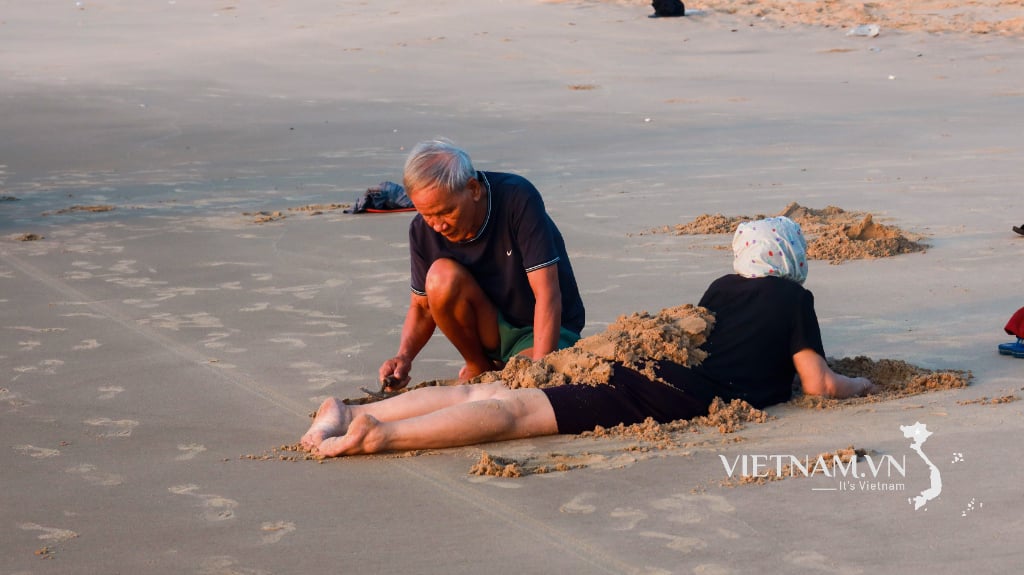
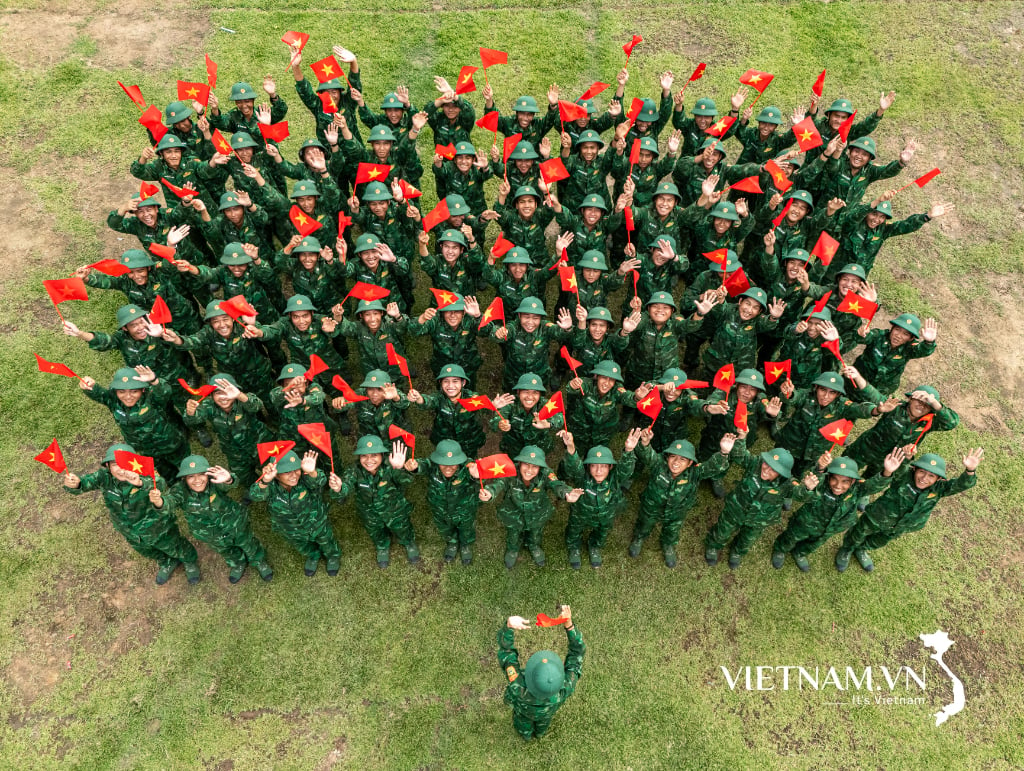


Comment (0)